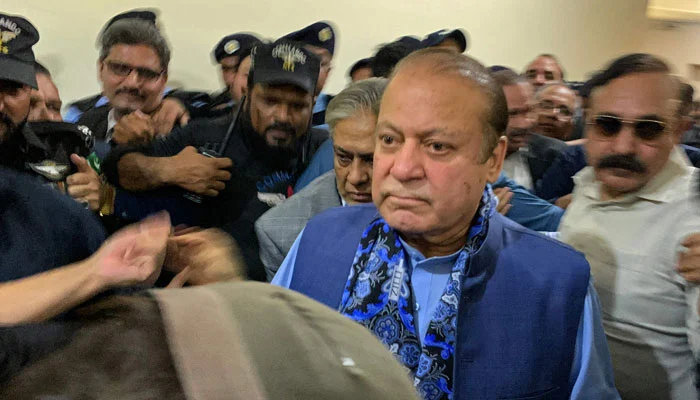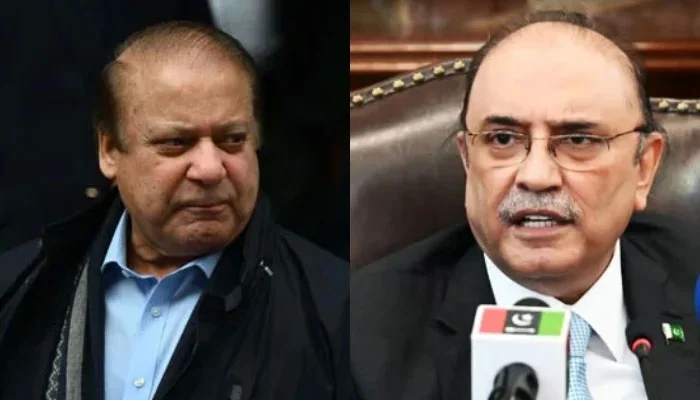The Islamabad High Court (IHC) has made a significant decision by reviving appeals in the Al-Azizia and Avenfield references, cases involving former Prime Minister and leader of the Pakistan Muslim League-Nawaz (PML-N), Nawaz Sharif. The IHC has also denied the National Accountability Bureau’s (NAB) non-opposition to these appeals, paving the way for a fresh legal chapter.
During the proceedings in the IHC, Nawaz Sharif’s lawyers argued that these appeals should be reinstated, indicating that Nawaz Sharif’s fundamental right to appeal should not be denied. This crucial development comes after Nawaz Sharif’s legal team requested the Islamabad High Court to review the appeals previously dismissed by the accountability court. This decision reflects the commitment of the judiciary to uphold justice and accountability, regardless of the individual’s political background.
The cases under consideration are related to the Official Secrets Act and involve allegations against Nawaz Sharif, the former Prime Minister of Pakistan. The fate of Nawaz Sharif’s bail request will be decided by the IHC following an in-depth hearing.
The proceedings took place with Chief Justice of the Islamabad High Court, Aamir Farooq, and Justice Mian Gul Hassan Aurangzeb forming the bench. During the hearing, all requests were consolidated for joint consideration.
Nawaz Sharif was present in the courtroom alongside his legal representatives when the Chief Justice, who presided over the hearing, inquired if the petitioner wanted to have Nawaz Sharif arrested. The NAB prosecutor then clarified that he did not wish to arrest the petitioner, and the Chief Justice reiterated that they were seeking guidance as legal advisors.
In a remarkable turn of events, the Chief Justice expressed concerns regarding the bail status if the appeals were reinstated. Nawaz Sharif’s legal counsel, Amjad Pervez Advocate, emphasized that the reinstatement of appeals had automatically reinstated the bail. The court asked the prosecutor if they wished to remove the bail.
In response, the NAB prosecutor explained that they had already made it clear earlier that they did not seek an arrest. The Chief Justice then reiterated that they were seeking the petitioner’s opinion as a legal advisor, and if the appeals were reinstated, it would be necessary to hear the merits of the case.
Regarding the Avenfield reference, the IHC’s decision aligns with the judgment of the British court, which acquitted Nawaz Sharif’s daughter, Maryam Nawaz. The court observed that NAB had been given multiple opportunities to present its case, and while the references were initially filed following NAB’s approval, they were later challenged. If the appeals are reinstated, a thorough review of the evidence will be conducted, ensuring that justice and fairness prevail in these cases.
The Islamabad High Court’s decision to revive the appeals in the Al-Azizia and Avenfield references is a significant legal development, marking a new chapter in Nawaz Sharif’s legal battles. It underscores the importance of transparency, due process, and the rule of law in the pursuit of justice and accountability.



